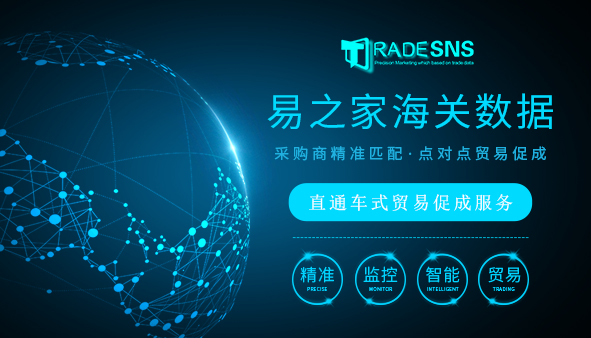Who are the Participants?
Commercial Banks participate in the market by offering to buy and sell foreign exchange on behalf of their retail or wholesale customers as a part of their financial service. They also trade in FX as an intermediary and market maker. (Market makers quote a buy and sell price on a currency or financial instrument hoping to make a profit on the spread that is the difference between the buying and the selling price). Other financial Institutions, such as Brokers (Institutional Investors, Insurance companies, Pension, Mutual and Hedge Fund Managers) need to manage various portfolios on behalf of their clients, and thus participate in the FX market.
They rely on the rates quoted by the market makers to market participants and charge commission or a brokerage fee for services rendered. Corporations buy and sell foreign exchange generally to facilitate trade, or as a result of a trade done and also to hedge currency exposures that exist due to a particular trade conducted. These corporations generally consist of exporters and importers. Central Banks can sometimes intervene in the foreign exchange market in order to implement monetary policies.
Foreign Exchange Instruments
A number of foreign exchange instruments have been designed for effective hedging as well as enhancement of returns. The following instruments and products are most common to the Market to facilitate international trade and include: Spot transactions, Forward Transactions (FECs), Options (Derivatives of exchange rates), International money transfers, Guarantees, Commercial Customer Foreign Currency accounts, Documentary Credit and Collections, Offshore Finance and Specialised Trade.





















